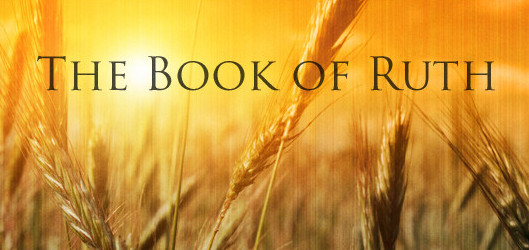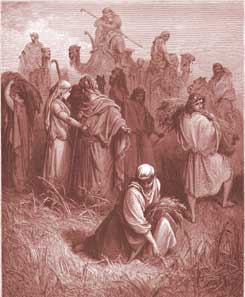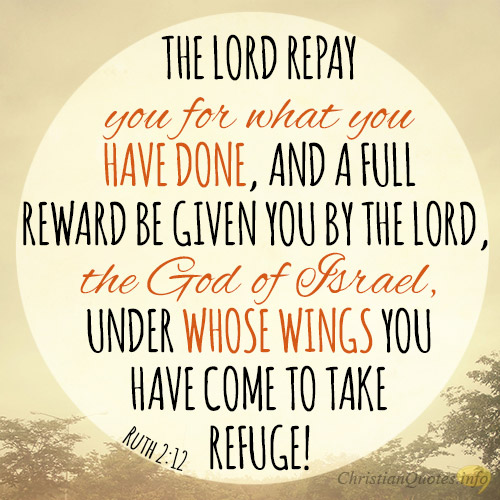Just because we all experience fear doesn’t mean we have to live with it. Perhaps the most famous fear quote of all time came from Franklin D. Roosevelt at his first Inaugural Address, which occurred in 1933, in the middle of the Great Depression: “The only thing we have to fear is fear itself nameless, unreasoning, unjustified terror, which paralyzes needed efforts to convert retreat into advance.”
The Bible says about fear. The word afraid is found over 200 times in the Bible, and the word fear is found 53 times in the Psalms alone. Knowing this we can understand when you are afraid you are not alone. It is something the majority of people deal with.
Psalm 91:5-6
5 You will not fear the terror of night,
nor the arrow that flies by day,
6 nor the pestilence that stalks in the darkness,
nor the plague that destroys at midday
The “You will not fear” phrase here is not a polite suggestion, but a command. It is spoken emphatically and often by God to His servants. God wants us to fear Him, but not the world. God doesn’t tell us, “fear isn’t good for you,” “fear isn’t helpful,” “try not to fear.” No. We hear this exact Hebrew command meaning “do not fear” or “you will not fear” 51 times in the Bible.
God said to Abraham (Abram) after he rescued his nephew Lot: “Fear not, Abram, I am your shield, your reward will be very great” (Genesis 15:1). God said it again to Abraham’s son Isaac, “Fear not, for I am with you and will bless you and multiply your offspring” (Genesis 26:24).
For me, the most memorable is in 2 Kings when Elisha’s servant is terrified as he awakes to find the city surrounded by horses and chariots from the King of Syria. “… And the servant said [to Elisha], ‘Alas, my master! What shall we do?’ He said, ‘Do not be afraid, for those who are with us are more than those who are with them.’ Then Elisha prayed and said, ‘O LORD, please open his eyes that he may see.’ So the LORD opened the eyes of the young man, and he saw and behold, the mountain was full of horses and chariots of fire all around Elisha” (2 Kings 6:15-17).
We know that God can protect us and keep us safe, so why fear. Especially the world and Satan? God is bigger that our fears. In these verses we read, “the terror of night, nor the arrow that flies by day, nor the pestilence that stalks in the darkness, nor the plague that destroys at midday. ” Notice What we are not to fear. Things during the day and night. When I was young I rarely got scared in the day time. But it was a whole different story at night. Our mind wanders in the night and every sound becomes a terror until we turn on the light. Jesus said He is the light. If we have him there is nothing to fear.
So we are to be fearless no matter the time of day: we should not fear the terrors “of the night,” the arrows “by day,” the pestilence “in darkness,” or the destruction “at noonday.” We are to be fearless no matter how big the problem is, whether the unknown “terror” or dread in our minds, the slim “arrow,” the microscopic “pestilence,” or the monstrous “destruction.”
How can God require this of us? Because He is the answer to all of our fears. He is our shield and rampart. Stop being parallelized by fear and start facing your fears with God.




